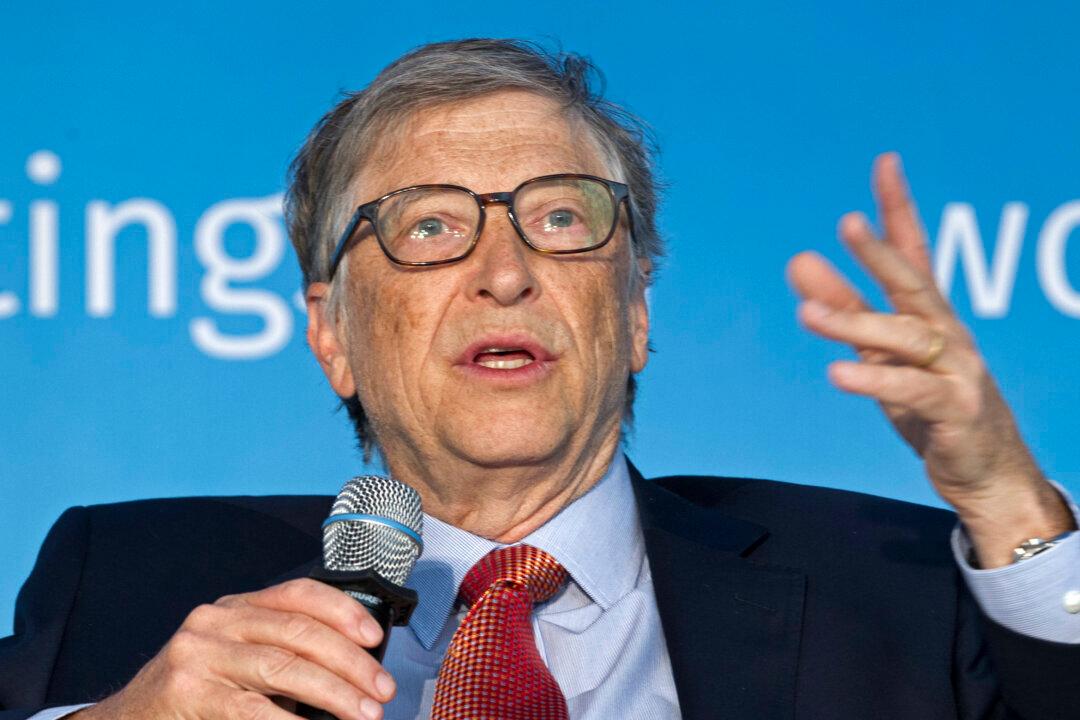The flu vaccine “isn’t that effective” in older people so vaccines for COVID-19 will have to be different, according to Bill Gates.
“The efficacy of vaccines in older people is always a huge challenge. Turns out the flu vaccine isn’t that effective in elderly people. Most of the benefit comes from younger people not spreading it because they’re vaccinated and that benefits on a community basis the elderly,” Gates said during an interview with CNBC.





